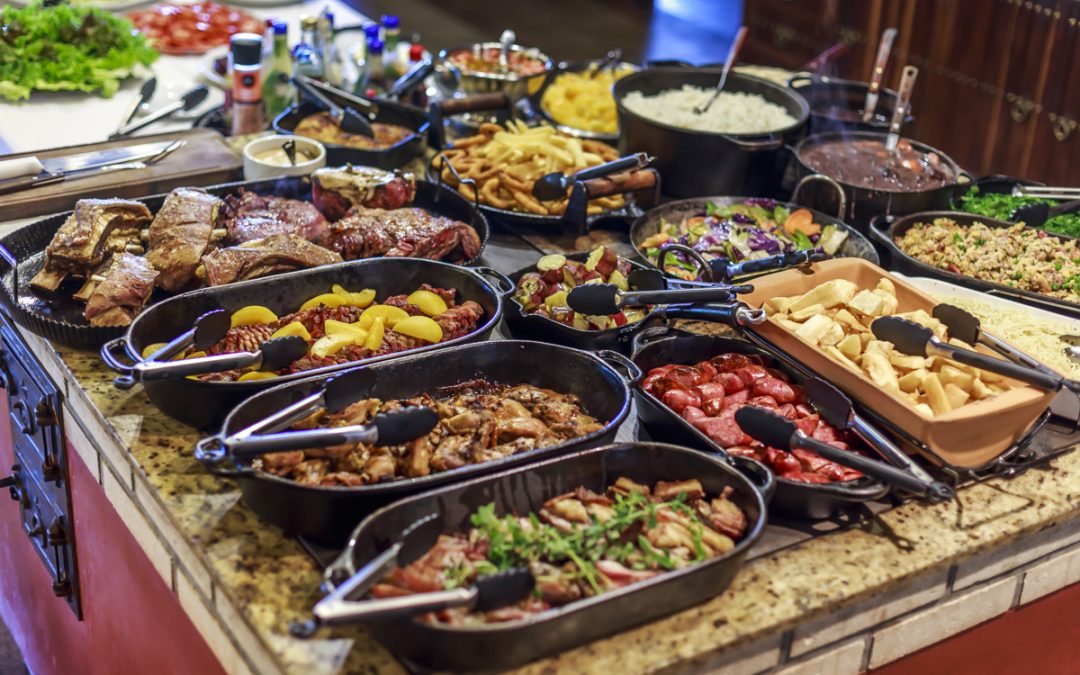Almost always, when we think of consumption, we remember big companies first, but have you ever wondered how important local producers are to the development of our country? Small businesses play a key role in the economy and regional growth.
Currently, Brazilian agribusiness corresponds to 23.5% of national GDP. Of this amount, 35% is produced by family farmers. Data from the 2017 Agricultural Census, conducted by IBGE, show that 84% of the total of Brazilian agricultural establishments belong to family groups, equivalent to income of 40% of the country’s economically active population, and corresponds to 90% of the economic base of the Brazilians’ municipalities.
(imagem) Family farming is responsible for the national production of:
Beans 70% / Manioc 87% / Rice 34% / Wheat 21% / Corn 46% / Coffee 38%

In family farming, unlike monoculture, production is diversified, carried out on small farms, aimed at the domestic market and with little or no use of industrialized pesticides. Another feature is that this segment of the agricultural economy does not employ a large amount of machinery, generating employment for the field worker.
According to Food and Agriculture Organization of the United Nations (FAO), the sector also preserves traditional or authentic foods (almost produced by hand) and protects agricultural biodiversity, as this production model is associated with polyculture.
In short, even with only one fifth of Brazil’s agricultural areas, the segment accounts for about one third of total production. This proves the high productivity rate of small Brazilian producers.
There is no doubt: family farming is largely responsible for the generation of wealth and food for the country. Promotes the socioeconomic and cultural development of local communities. Encouraging it is a way to value growth!
Give preference to seasonal products
With a country with such territorial extension and so diverse climate, we have the advantage of having a vast cuisine. And even in this respect, it is possible to act in ways that favor local producers. Try to give preference to seasonal and regional products. These items have unique characteristics, do not go through the entire chemical process as those sold on a large scale and do not require such a large logistics effort.
Value local commerce
We can and should contribute to the growth and strengthening of local businesses, to promote the progress of our communities and to become more involved with the reality in which we operate. There are practical ways to contribute to this scenario and engage in the prosperity of the place.
A very simple action, but generating positive results, is to give preference to stores in your city or neighborhood. So whenever you need to buy a product, look around and look at the options that local businesses offer you. So when shopping for clothes, breads, fruits, grocery items, see if there are any shops in your neighborhood that can serve you. By doing so, you not only consume, but you help these small entrepreneurs keep up.
Meet local producers
Do you know the producers and companies that are located in your neighborhood? With local producers, you have this opportunity. So, get to know them and listen closely to their impressions and expectations for the future. Besides, by knowing the options around you, you’ll be better able to choose from whom to buy.

